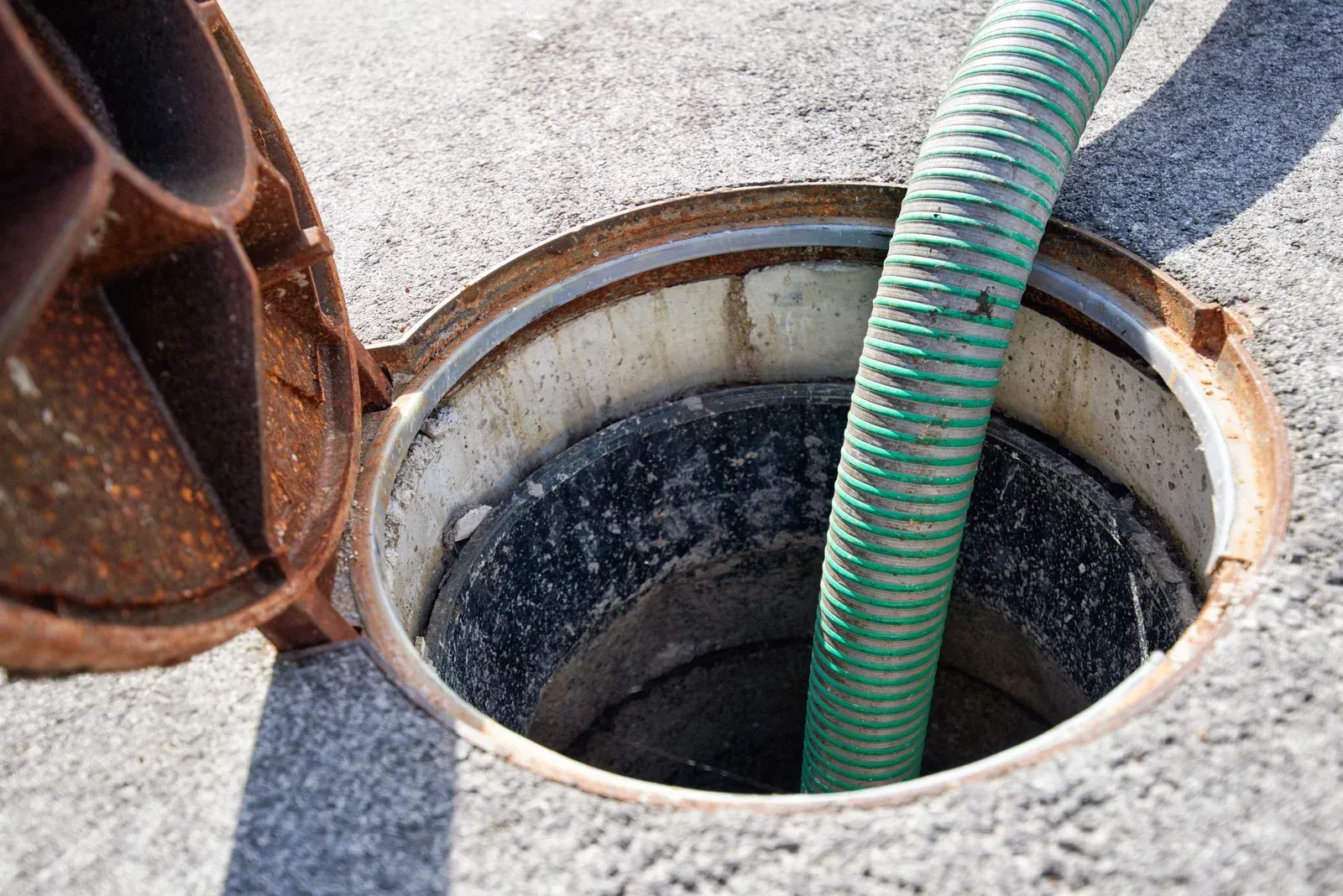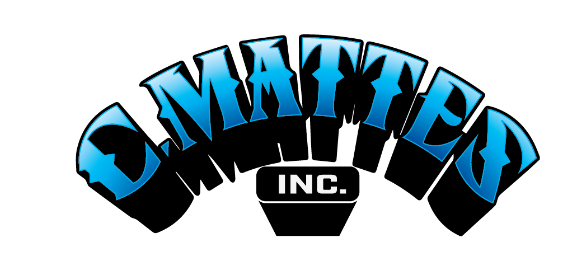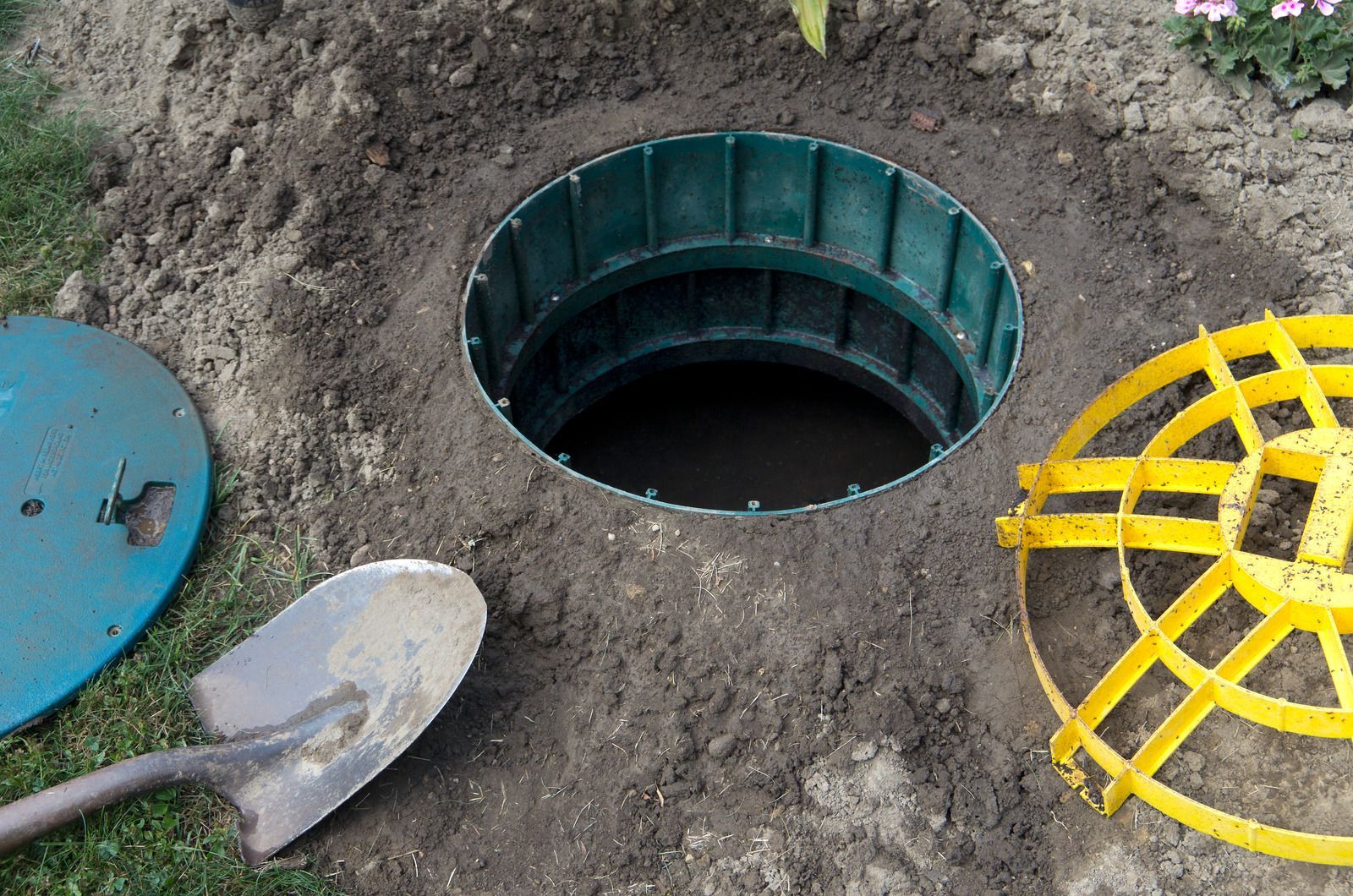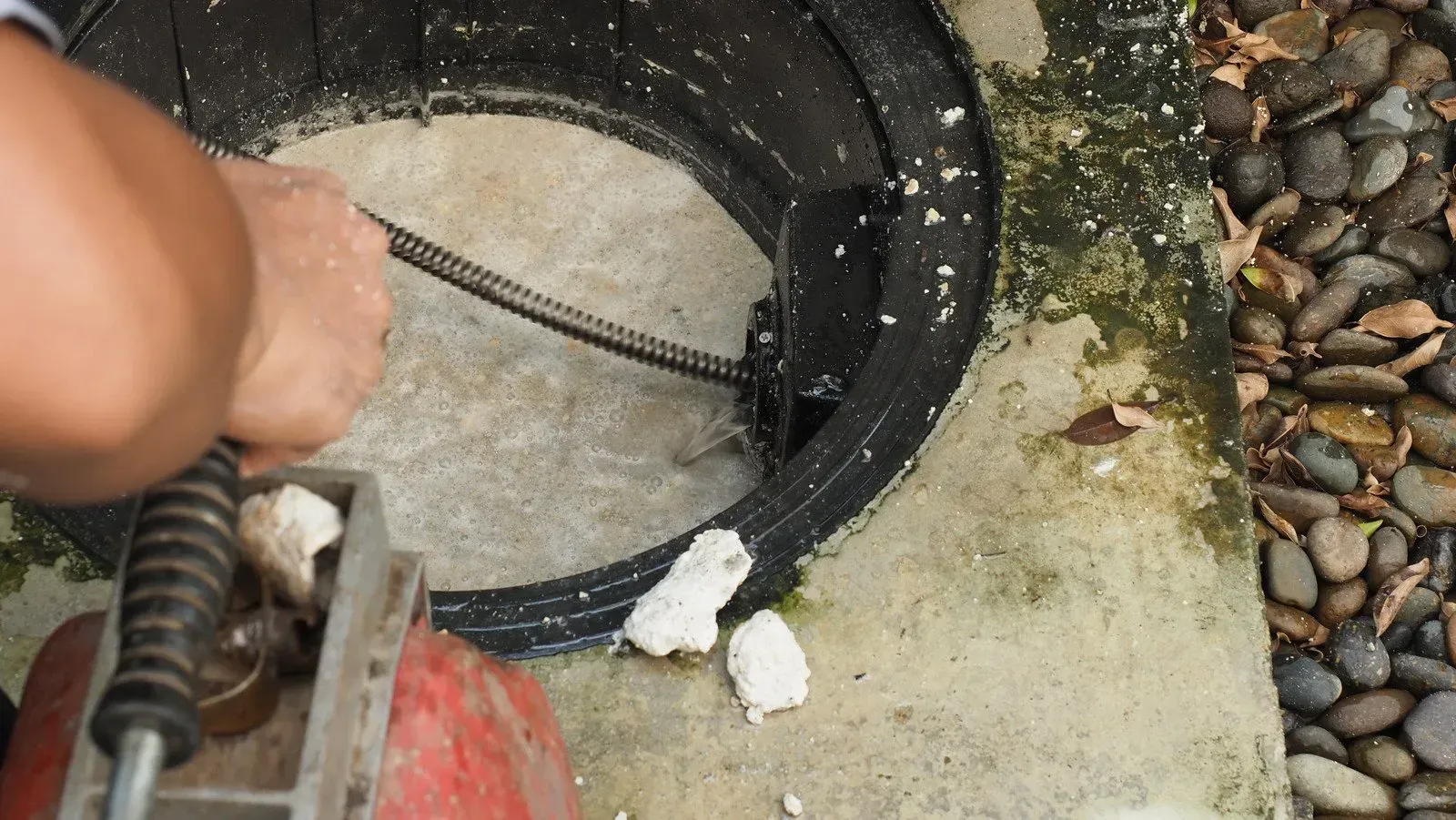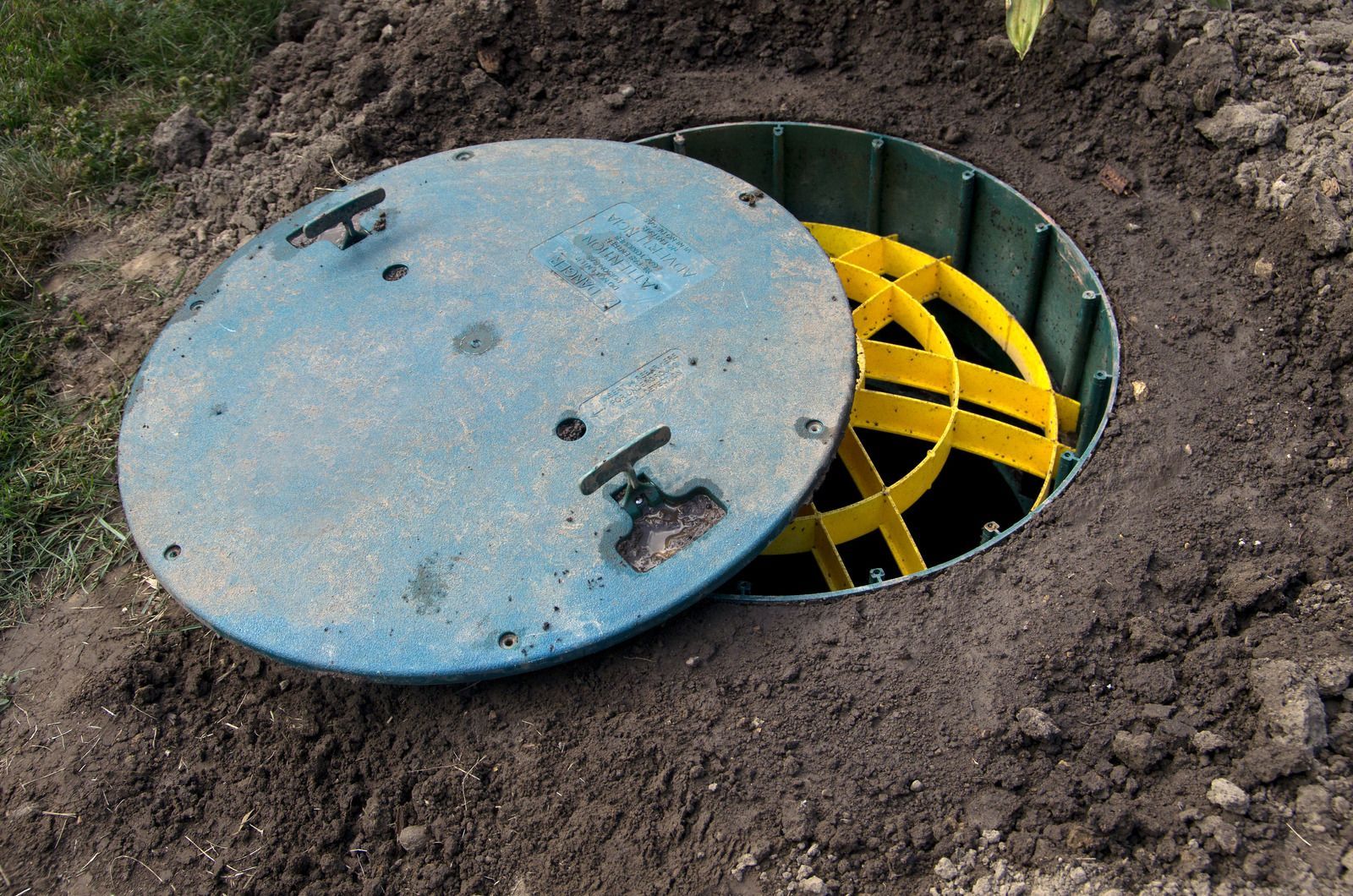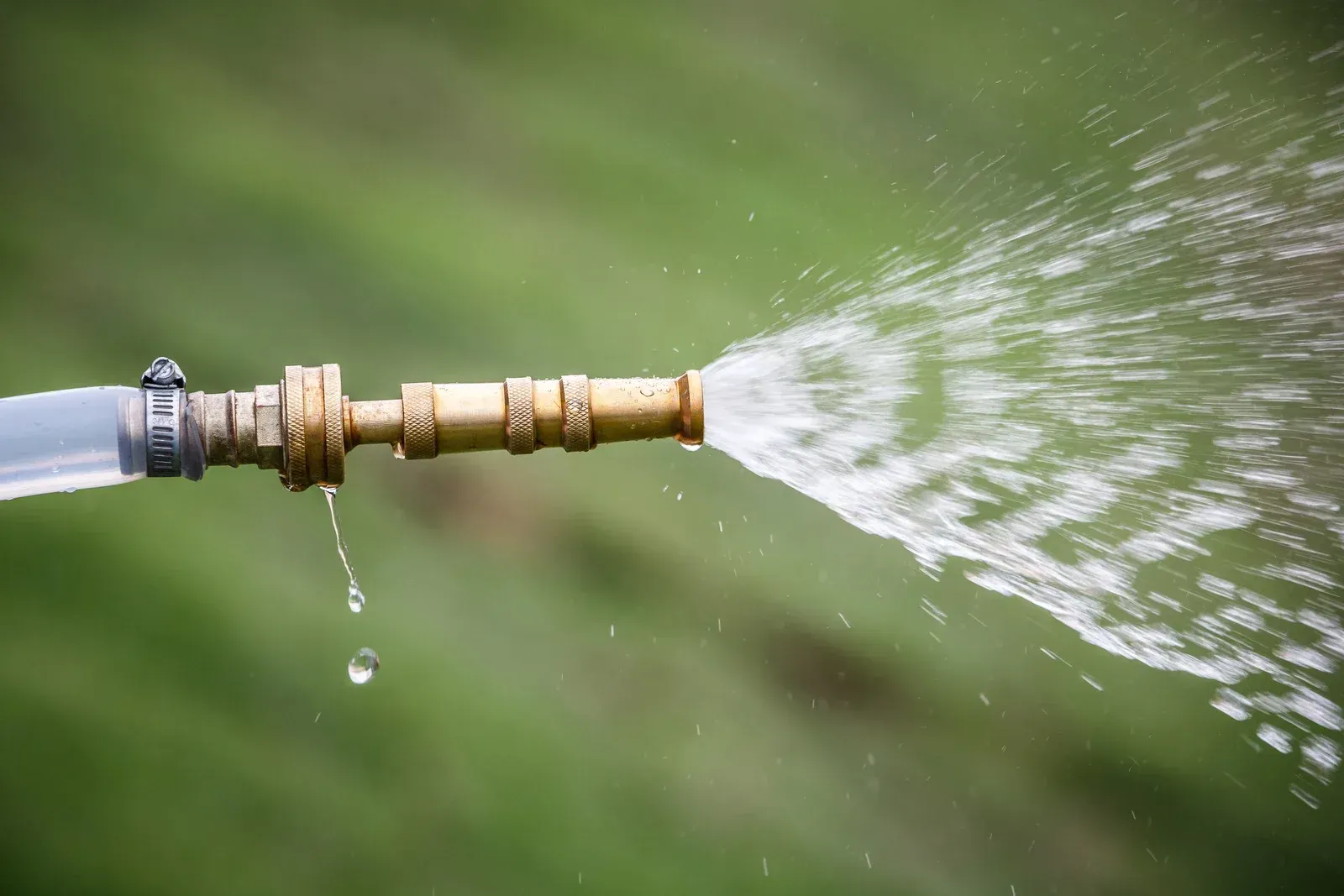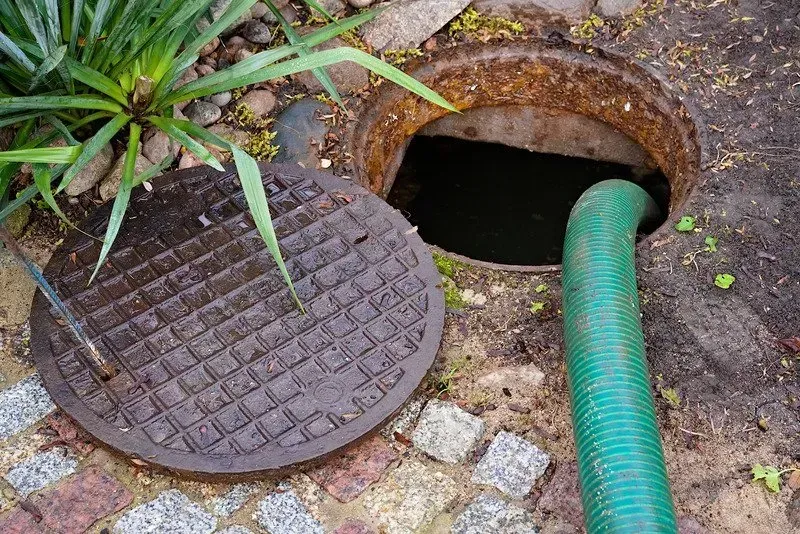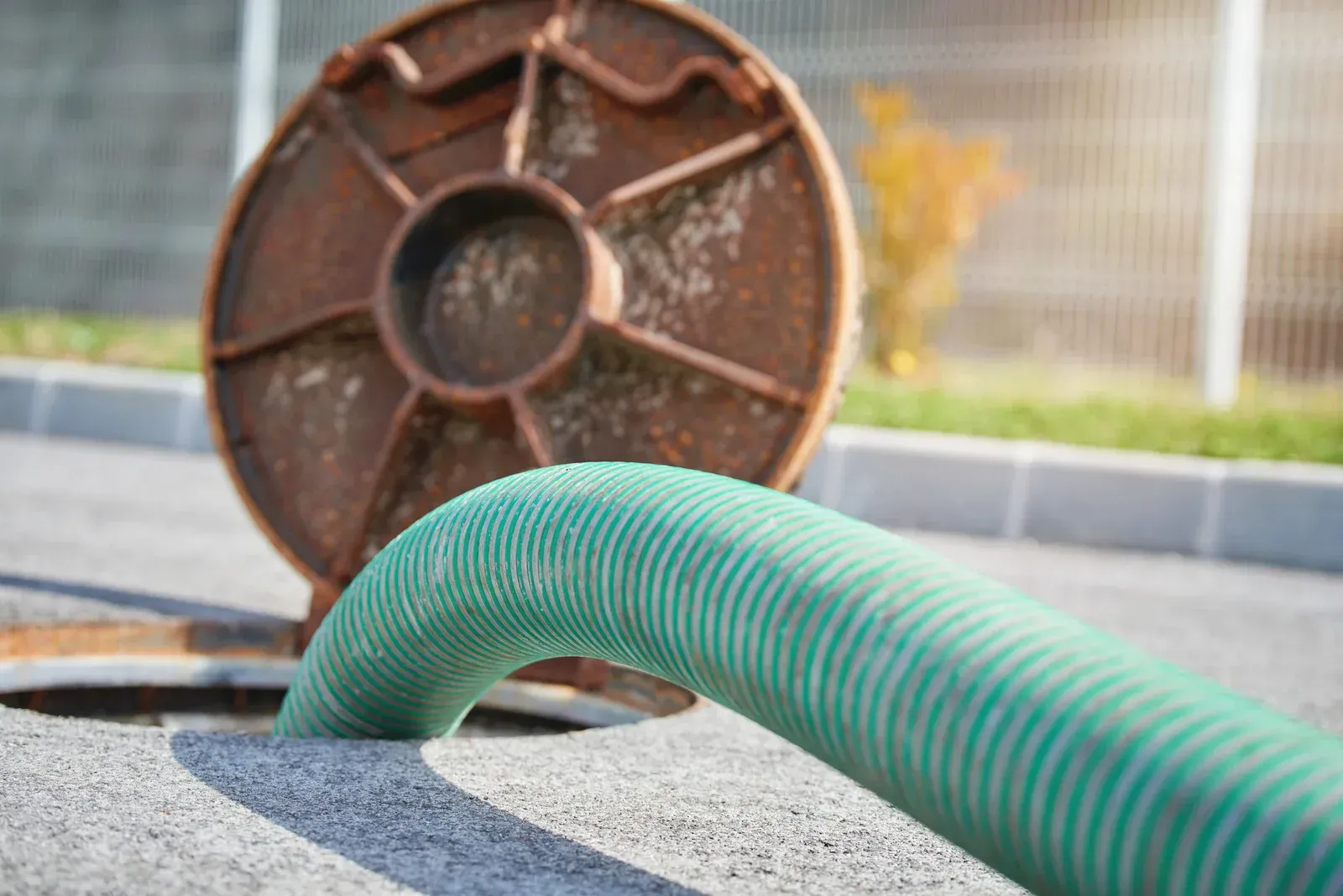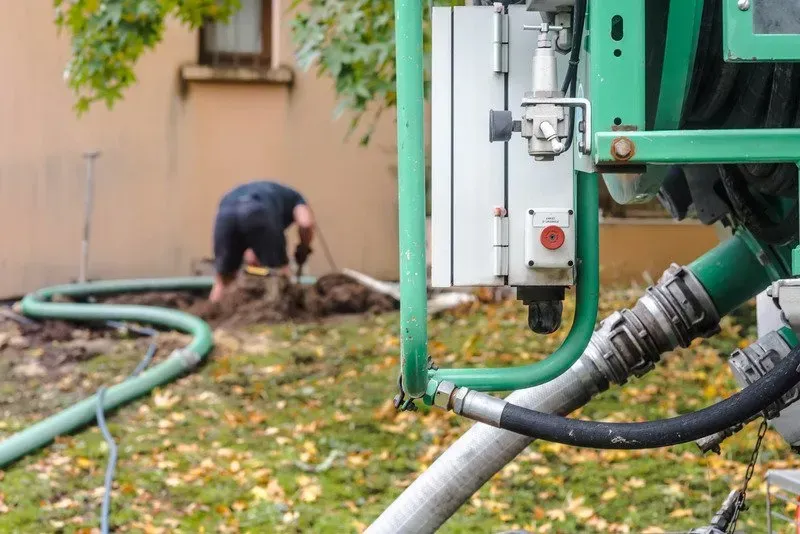5 Common Mistakes Businesses Make With Grease Trap Care
Every food business depends on a properly working grease trap to stop fats, oils, and grease from clogging the drain system. Many owners wrongly assume occasional cleaning will do the job, but that mindset leads to slow drains, foul odors, and costly plumbing issues.
A neglected trap becomes a major problem, not just for the kitchen but also for local sewer systems. Grease trap care should be a priority, not an afterthought. Knowing what to avoid helps extend the trap’s life, maintain hygiene, and keep your business compliant with health regulations. The longer the problem goes unnoticed, the more severe the consequences become.
Mistake 1: Skipping Regular Cleaning
Grease builds up fast, and waiting too long to clean the trap leads to thick blockages that cause backups and bad smells. Without a fixed schedule, small issues become big ones. Many owners ignore the early warning signs. That delay often ends in a complete system shutdown.
Cleaning at regular intervals avoids these problems and keeps everything running smoothly. Routine service also lowers the risk of grease-related fire hazards, which are a serious concern in busy kitchens. Consistency matters more than waiting for a visible problem to appear.
Mistake 2: Ignoring Local Rules
Cities and counties have rules for grease trap care. These include cleaning logs, inspection records, and service reports. Many businesses skip these steps. That choice often leads to fines or even closure. Staying informed about local laws protects your business.
Keeping proper records also shows you take compliance seriously during inspections. Officials can arrive without warning, and being unprepared can hurt your reputation and bottom line. Knowing the local schedule for compliance checks also gives you a useful advantage.
Mistake 3: Using the Wrong Cleaners
Harsh chemicals may break down grease quickly, but they damage the trap and the pipes. These cleaners also harm the environment. What looks like a fast fix ends in system damage. Safe cleaning methods are always better.
Choose approved products or contact a professional service to handle the job without creating more problems. The wrong product can also trigger costly maintenance calls and pipe replacements, which hurt daily operations and increase long-term expenses.
Mistake 4: Pouring Grease Down the Drain
Staff sometimes dump grease into the sink without knowing the damage it causes. That habit creates blockages before the grease even reaches the trap. Over time, this leads to expensive repairs.
Proper training solves this issue. Teach staff to collect grease in bins and dispose of it the right way. One small change protects the whole system. Post clear signs in workstations to remind everyone about correct disposal methods and reduce mistakes during busy hours.
Mistake 5: Skipping Professional Inspections
Even if the trap looks fine, hidden damage can build up inside. Cracks, leaks, or broken parts may go unnoticed. Without inspections, you won’t catch problems early. A regular professional check helps spot these issues in time. It prevents full replacements and major breakdowns that hurt your business. A proper inspection also ensures every part of the trap works well and meets legal standards.
C Mattes Inc. offers
expert grease trap pumping and cleaning services across Syracuse, NY, and surrounding areas, helping businesses stay on track with safe and timely care that prevents costly repairs and ensures smooth kitchen operations all year long.
